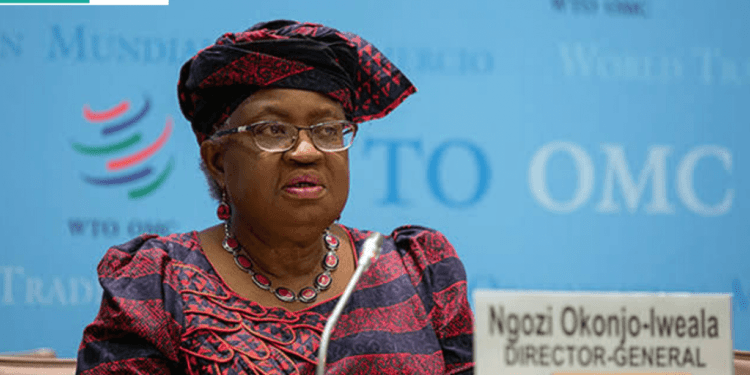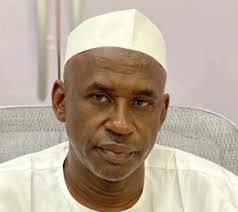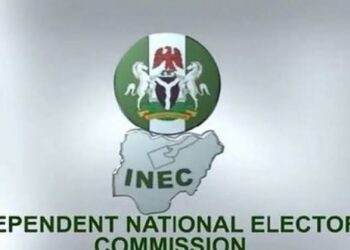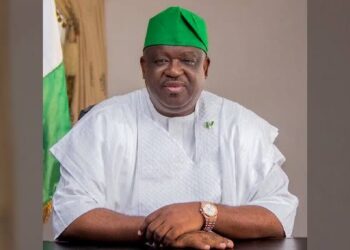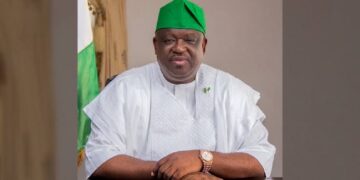Nigerian leaders and international relations experts have provided measured responses to recent executive orders signed by U.S. President Donald Trump, emphasizing the importance of calm analysis and contextual understanding. Speaking at the World Economic Forum (WEF) in Davos, WTO Director-General Ngozi Okonjo-Iweala called for restraint, urging stakeholders to observe the policies’ implementation before reacting.
Okonjo-Iweala’s comments were echoed by Prof. Eghosa Osaghae, Director-General of the Nigerian Institute of International Affairs, who clarified that these policies are U.S.-specific laws with limited direct impact on Nigerians. He reminded illegal immigrants of the consequences of their actions, advocating respect for the legal frameworks of sovereign nations.
Prof. Alaba Ogunsanwo, a seasoned diplomat and international relations expert, dismissed the orders as a domestic American issue that should not overly concern Nigerians. He highlighted the legal recourse available to challenge executive orders in the U.S., further illustrating the checks and balances within its system of governance.
Ambassador Akin Fayomi, a former Nigerian envoy, emphasized the premature nature of assessing Trump’s policies. He pointed out that policies like the birthright citizenship ban would face significant legal and constitutional hurdles, with 18 U.S. states already challenging it. Fayomi stressed that terms like “illegal immigrant” require careful definition, advocating for clarity and fairness in global immigration discussions.
Prof. Kayode Soremekun and Prof. Efem Ubi added socioeconomic perspectives to the discourse. Soremekun warned of potential economic disruptions due to the reliance on immigrant labor in low-paying jobs, while also noting the policy might push Nigerians to improve governance and infrastructure at home. Ubi, on the other hand, characterized the birthright citizenship policy as a domestic issue with minimal global impact, framing it as a challenge to America’s reputation as a liberal democracy.


